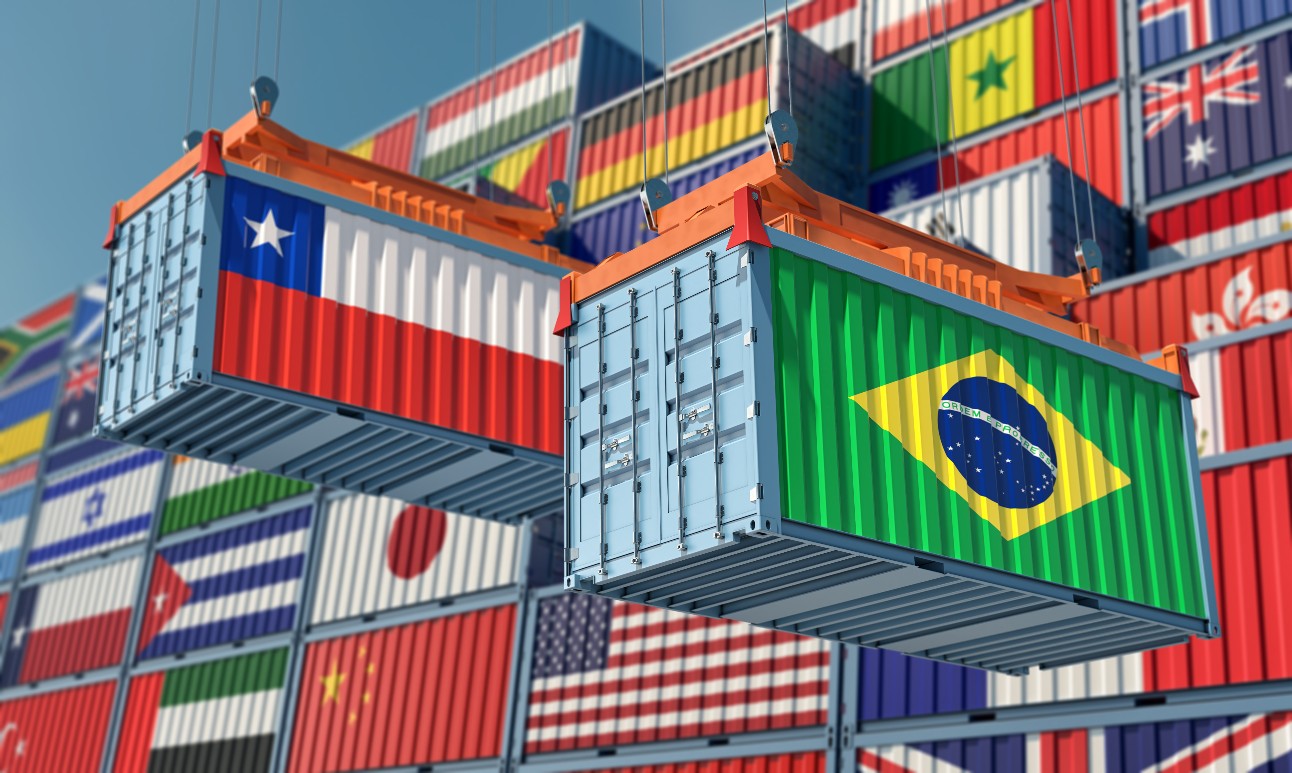RIO DE JANEIRO, BRAZIL – The Free Trade Agreement (FTA) between Chile and Brazil has entered into force, according to the Undersecretariat of International Economic Relations (Subrei).
With 211 million inhabitants, Brazil is Chile’s main trading partner in the region and accounted for 4.2% of our exports to the world and 33% of our shipments to Latin America, totaling US$3.1 billion in 2020.
The Undersecretary of International Economic Relations, Rodrigo Yáñez, valued this news and pointed out that the agreement will be an essential instrument for economic reactivation, especially for small and medium-sized enterprises.

“This agreement will give a more solid structure to our relationship with Brazil, our main trading partner in the region. It will also allow us to modernize standards to incorporate new state-of-the-art disciplines, such as electronic commerce and services, update existing ones and allow Chilean SMEs to access the large Brazilian public procurement market on equal terms,” said the authority.
The FTA complements ACE 35 signed by Chile with Mercosur countries in the 90s, which regulates trade in goods, and incorporates new state-of-the-art disciplines such as Telecommunications, Electronic Commerce, Trade in Services, Environment, Labor, Gender, MSMEs, Economic Trade Cooperation, Technical Barriers to Trade, Government Procurement and Competition Policy, Trade Facilitation, Good Regulatory Practices, Temporary Entry of Business Persons.
With its entry into force, SMEs will have equal access to the Brazilian public procurement market, which generates ten times more bids than the Chilean public procurement market. In addition, and thanks to the e-commerce chapter, the operation of national digital product and service providers will be facilitated.
In addition, for the first time in a trade agreement, a chapter on Regional and Global Value Chains was incorporated, constituting a modern regulatory framework that meets the expectations and standards of current international negotiations.
Finally, this agreement also contemplates the elimination of roaming between both countries, which will positively impact the development of economic activities such as tourism, digital commerce, and entrepreneurship.

